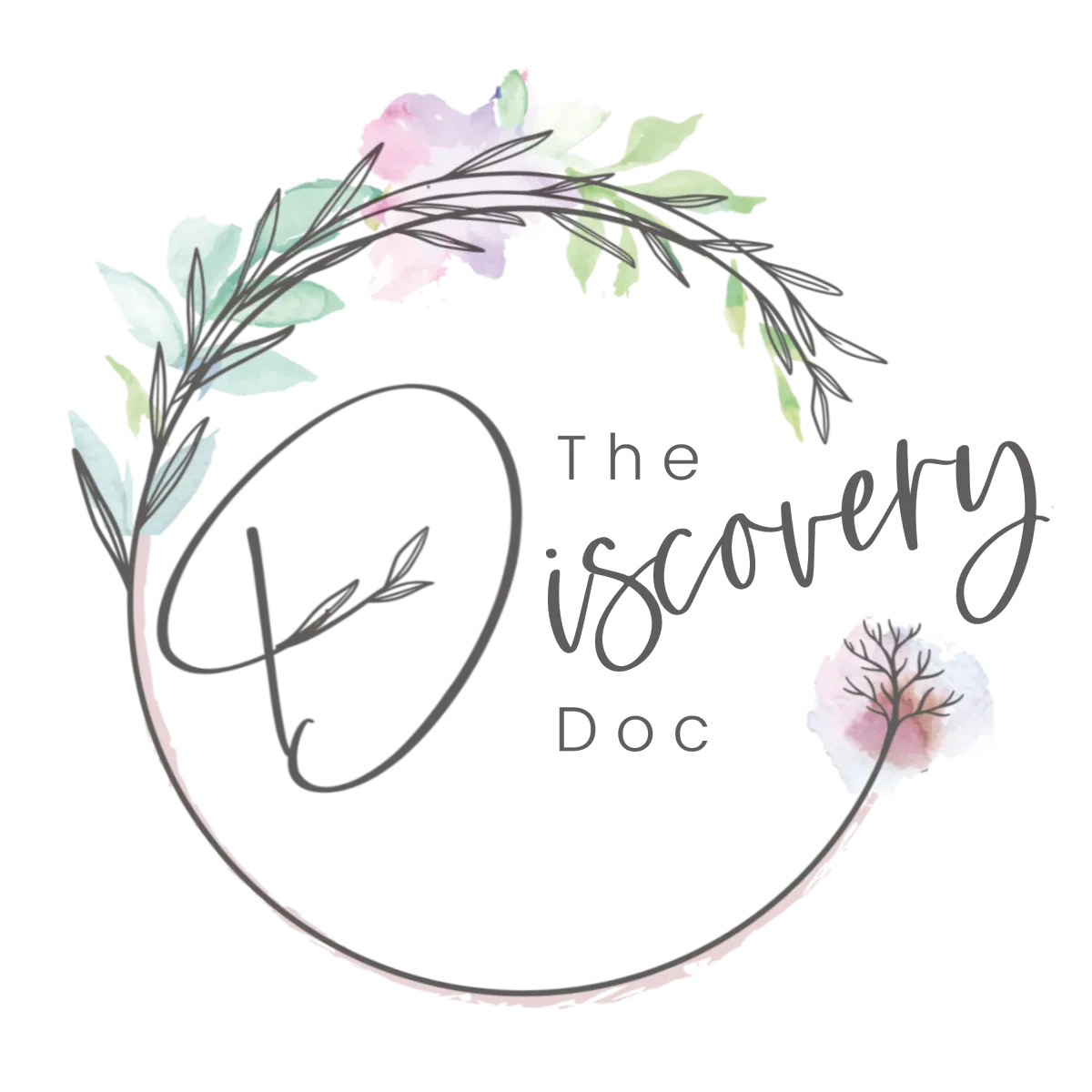Blog

Unlocking the Mysteries of Lab Tests: Normal vs. Optimal Health Metrics
Unlocking the Mysteries of Lab Tests: Normal vs. Optimal Health Metrics

Have you ever wondered if your "normal" lab results truly mean you are healthy? Or why, despite normal labs, you might still feel unwell? This episode unpacks these questions with a critical look at how reference ranges are determined and why these "one-size-fits-all" figures might not be perfectly suited for everyone.
Understanding the Gap Between Normal and Optimal: Insights from a Functional Medicine Perspective
In the ever-evolving field of health and wellness, understanding lab reference ranges and their implications on our health remains crucial. Episode 57 of the TDD Podcast, titled "The Lab Reference Range Dilemma: Understanding the Gap Between Normal and Optimal," hosted by Annah Kate and Dr. CeCe, delves deep into this issue, providing invaluable insights into how "normal" ranges might not always spell optimal health.
Know Your Numbers, Know Yourself
One of the key takeaways from the episode is the empowerment that comes with understanding one's own health metrics. As Dr. CeCe states, it's not just about having numbers within a normal range on your lab report. It's about understanding what these numbers mean for you personally. Are you just hitting the lower threshold of a normal range or are you optimally healthy? Transcending the average allows individuals to strive not just for absence of illness, but for their absolute best health.
Beyond the Surface of "Normal"
The episode highlights a critical issue in healthcare — the difference between normal and optimal. Reference ranges provided on lab results are often based on population averages, not the peak of health. This broad spectrum can be misleading. For instance, a 'normal' vitamin D level at the lowest end of the range may prevent rickets, but it does not guarantee optimal immune function or mood regulation, which might be achieved at a higher level within that same 'normal' range.
Dr. CeCe meticulously explains how even when lab results come back as “normal,” there may still be underlying health issues if the results are barely within these ranges. It’s not enough to be within the normal range; optimal health often demands more specific attention to where in that range your results fall.
The Importance of Longitudinal Health Tracking
Annah Kate discusses the usefulness of maintaining a personal health binder — a detailed log of all medical tests and results over the years. This practice is not just useful for understanding trends and maintaining records but also crucial for predicting potential future health issues. By having a comprehensive view of one’s health over time, one can quickly notice any deviations from their "normal," which could warrant further investigation or intervention.
This longitudinal tracking ties back to the earlier maxim of knowing oneself. Dr. CeCe and Annah Kate recommend that even healthy individuals should keep track of their health metrics to notice any changes early on, rather than waiting for symptoms to arise.
Best Practices for Understanding Lab Results
1. Interrogate the Averages: Always question whether sitting at the lower or upper bounds of a reference range is truly healthy for you.
2. Understand the Implications of Each Result: Engage with your healthcare provider to understand how each metric relates to your personal health.
3. Optimal vs. Normal: Strive to understand where optimal lies within the normal range for key health indicators like white blood cells, vitamin D levels, and more.
4. Consult a Specialist: Especially when your lab results are telling a story that isn’t quite clear, consulting with a specialist in functional medicine can offer deeper insights.
This episode serves as a wake-up call to not settle for healthcare standards that merely aim to prevent illness rather than promote optimal health. Through understanding and tracking one's own health metrics against both normal and optimal ranges, individuals empower themselves to lead healthier, more vibrant lives. It's not just about living; it's about thriving.
The Discovery Doc is your go-to source for all things health and wellness for your family. Stay tuned for upcoming episodes with expert guests, practical tips, and inspiring stories.
For resources on nutrition, recovery, and balanced living, be sure to explore the links provided and tune into our podcast for ongoing conversations about health, family, and adaptability. Join us next time to continue uncovering the layers of individual well-being and harmony between body and mind.
Discovery Doc Podcast: Where Dr. CeCe and Annah Kate provide insights on holistic health and wellness.
Let's Discover Together!
Creating and Utilizing Your Health Monitoring Binder:
1. Document Regular Health Data: Keep a record of your labs, test results, and vitals over time. This helps you spot trends and changes that might indicate underlying health issues.
2. Trend Analysis: Periodically review the recorded health data to identify any patterns or irregularities. Note any significant lifestyle changes, illnesses, or stressors that may have impacted your health during those periods.
3. Understand Reference Ranges: Educate yourself about the standard reference ranges for various health markers. Additionally, seek optimal reference ranges by consulting with a qualified healthcare practitioner familiar with functional medicine.
4. Seek Professional Guidance: While you maintain your health binder, collaborate with a knowledgeable healthcare provider who can help interpret the data, identify potential health concerns, and recommend appropriate interventions.
5. Implement Lifestyle Adjustments: Based on the insights gained from trend analysis and professional advice, consider making lifestyle modifications such as dietary changes, stress reduction techniques, or targeted supplementation to optimize your health.
Implementing Your Health Monitoring Binder:
- Start by organizing a dedicated folder or binder to store your health records, lab reports, and relevant medical documents.
- Set a regular schedule to update and review your health monitoring binder. This might include adding new test results, noting health-related events, and summarizing trends on a monthly or quarterly basis.
- Consider using digital tools or health tracking apps to complement your binder. There are various apps available for recording and tracking health metrics, which can provide additional insights and portability.
- Engage in open communication with your healthcare provider about your health monitoring efforts. Share your observations and findings from the trend analysis to foster collaborative decision-making.
- Educate your immediate family members about the purpose of the health monitoring binder and encourage them to also maintain personal health records to promote overall wellness within the family.
By implementing these steps, you can develop a proactive approach to monitoring your health, identifying potential issues early, and collaborating effectively with healthcare professionals to optimize your well-being.
Stay Connected and Explore Additional Opportunities The Discovery Doc.
Copyright 2024 The Discovery Doc, LLC®. All Rights Reserved.
The Discovery Doc - Dr. CeCe Brooks - Atlanta Holistic NP
Disclaimer: This is not medical advice.




